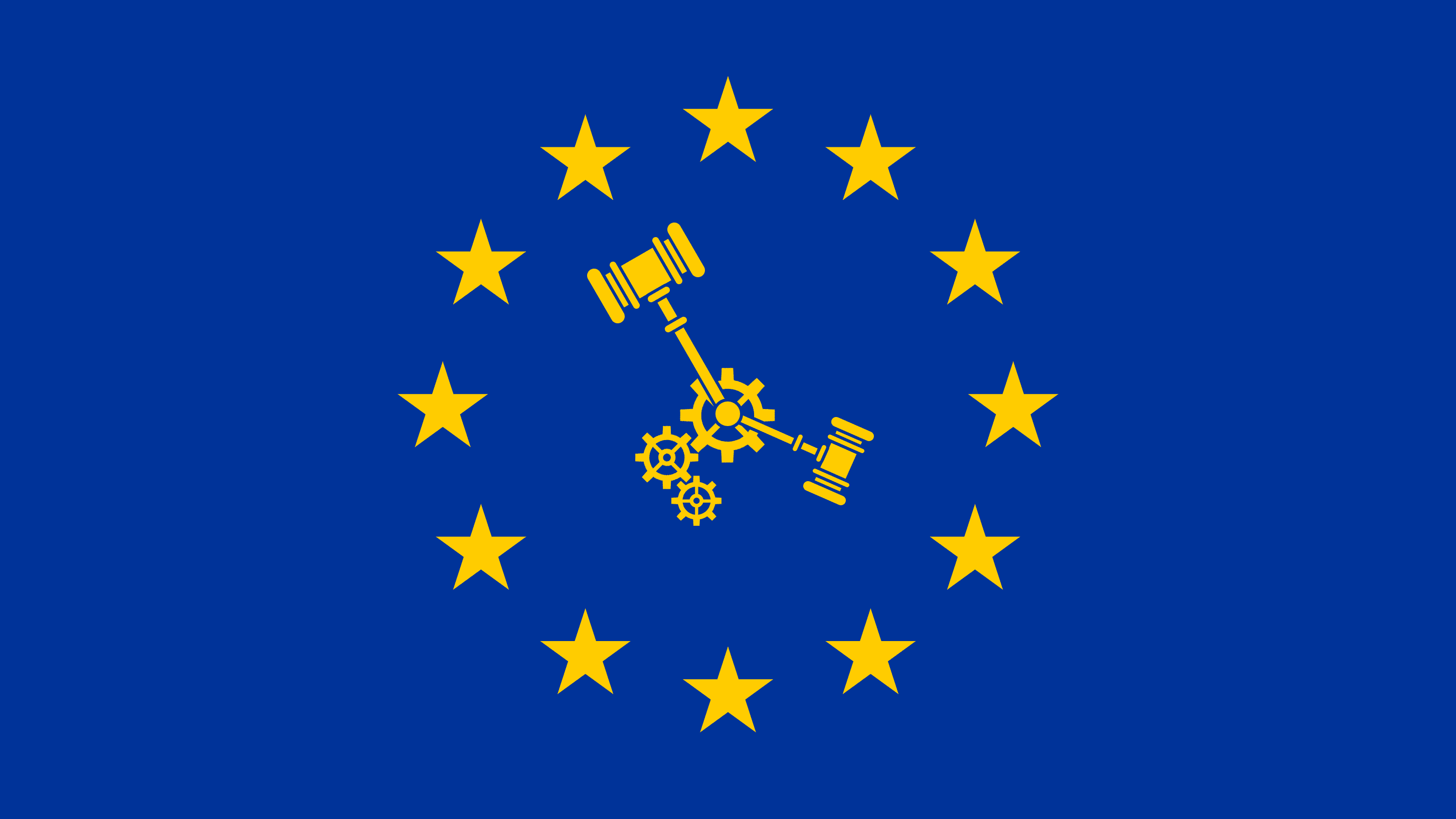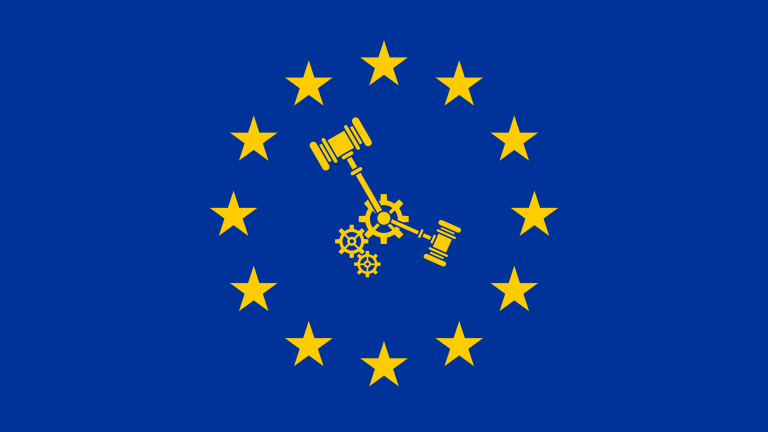
Joint assessment of the government’s judicial package aimed at unblocking EU funds
On 18 January, the Hungarian government published and submitted for public consultation a draft law on the judiciary. The amendments are essential to fulfil the so-called super milestones set by the EU, linked to the Hungarian Recovery and Resilience Plan, so that Hungary can access frozen EU funds. In total, the EU has set 27 super milestones that the government must fully implement in order to receive any payments. Four of these concern the judiciary.
Amnesty International Hungary, the Eötvös Károly Institute (EKINT), and the Hungarian Helsinki Committee have submitted a joint opinion as part of the public consultation which shows that the draft needs to be amended to meet all the requirements as it does not fulfil the milestones in its current form. An English translation of the opinion is available here.
A summary table of the relevant milestones and their fulfilment is also available here.

On the occasion of the first in-person meeting in years with government representatives in the context of public consultation on draft legislation, Amnesty International Hungary, EKINT, and the Hungarian Helsinki Committee also issued the following statement:
The Government finally met civil society organisations as part of a consultation on draft legislation
Budapest, 21 February 2023 – For the first time in many years, civil society organisations have had the opportunity to comment on draft legislation and to consult the ministry preparing the decision in person. The Hungarian Helsinki Committee, Amnesty International Hungary and the Eötvös Károly Institute have engaged in a substantive dialogue with representatives of the Hungarian government on the reform of the judiciary, a key issue to secure access to EU funds. The civil society organisations are confident that the government will consider their proposals for amendments, as restoring judicial independence is necessary not only for the sake of EU funds but also for the sake of fair judgements.
On 18 January, the Hungarian government published and submitted for public consultation a draft law on the judiciary. The amendments are essential to fulfil the so-called super milestones set by the EU, linked to the Hungarian Recovery and Resilience Plan, so that Hungary can access frozen EU funds. In total, the EU has set 27 super milestones that the government must fully implement in order to receive any payments. Four of these concern the judiciary.
Amnesty International Hungary, the Eötvös Károly Institute (EKINT), and the Hungarian Helsinki Committee have submitted a joint opinion as part of the public consultation which shows that the draft needs to be amended to meet all the requirements as it does not fulfil the milestones in its current form.
The EU also required the government to consult widely on the amendments, including with civil society and expert organisations. The Ministry of Justice invited Amnesty International Hungary, EKINT, and the Hungarian Helsinki Committee for an in-person consultation on 8 February. The Ministry was represented at the meeting by four state secretaries, including the secretaries for Parliamentary Affairs and for EU Affairs.
At the expert meeting, the civil society organisations presented their views and criticism regarding the draft proposal. They underlined that while there are elements of the milestones that the draft law fulfils, there are also many where the government has only sought to formally meet its commitments, and in other cases has not met them at all.
An agreement was reached that the significant broadening of the mandate and responsibilities of the National Judicial Council (NJC) would require a transitional period (similar to the Integrity Authority), during which an established entity with sufficient capacities would provide the NJC with staff and organisational support. The representatives of the three civil society organisations also indicated that they found it problematic that the NJC could only elect a chairperson from 1 August and suggested that it should have the opportunity to do so as early as possible.
The representatives of the Ministry acknowledged that the draft does not remove the possibility for public authorities to appeal against final court decisions to the Constitutional Court, as public authorities will still be able to bring constitutional complaints on grounds of violation of due process. The civil society representatives have indicated that the draft as it stands does not fulfil the relevant milestone and that a real solution would be to exclude the possibility of such complaints in the Fundamental Law (the constitution).
There was a lengthy debate on how to interpret the commitments to strengthen the decision-making competence of the NJC. Civil society representatives argued that the draft would fulfil the relevant milestone only in case judges are allowed to give a full opinion on the suitability of candidates for the presidency of the Kúria (the supreme court) and the National Office for the Judiciary (NOJ), and not merely to check the legal conditions (such as the existence of a sufficient length of service), as the current proposal envisions. It was also stressed that, in line with the relevant milestone, the objective criteria should include the requirements of independence, impartiality, integrity and probity, and that the binding opinion of the NJC should also cover these criteria. Government representatives have said that they believe that this solution would mean the introduction of a completely new system, which they have not agreed to, and would involve a reduction in the powers of Parliament. There was no convergence of views on this issue either.
Another major criticism of the civil society organisations is that the draft, instead of completely abolishing the possibility for members of the Constitutional Court to be automatically transferred to the Kúria upon request after their appointment as ordinary judges, maintains this right for the current members of the Constitutional Court and only intends to abolish it for the future. The representatives of the Ministry argued that this would entail a loss of acquired rights for the current members of the Constitutional Court, who had requested their appointment in the knowledge that they would be transferred to the Kúria at the end of their term of office as members of the Constitutional Court. The civil society organisations stated that this reasoning was acceptable in relation to judicial appointments, but not applicable to assignments to the Kúria, and reiterated that if the possibility of such an appointment for the current members of the Constitutional Court was not excluded, this point of the proposal would not be in line with the commitment made.
An important development compared to previous years was the opportunity to discuss the main points of the proposal and the positions taken on them. It is sad, however, that this was done only under pressure from the European Commission, and that this is an exceptional moment for the three Hungarian civil society organisations working on issues related to judicial independence. Public consultation, including with expert organisations, should be a matter of course in any normally functioning state governed by the rule of law.
The precise fulfilment of the super milestones is essential to strengthen judicial independence, even if these alone cannot fully repair the damage done to the Hungarian judicial system over the years.
Amnesty International Hungary, EKINT, and the Hungarian Helsinki Committee hope that the government will heed their suggestions for amendments and submit a version to the parliament that fully meets the commitments made by the government, because the draft in its current form does not.
END